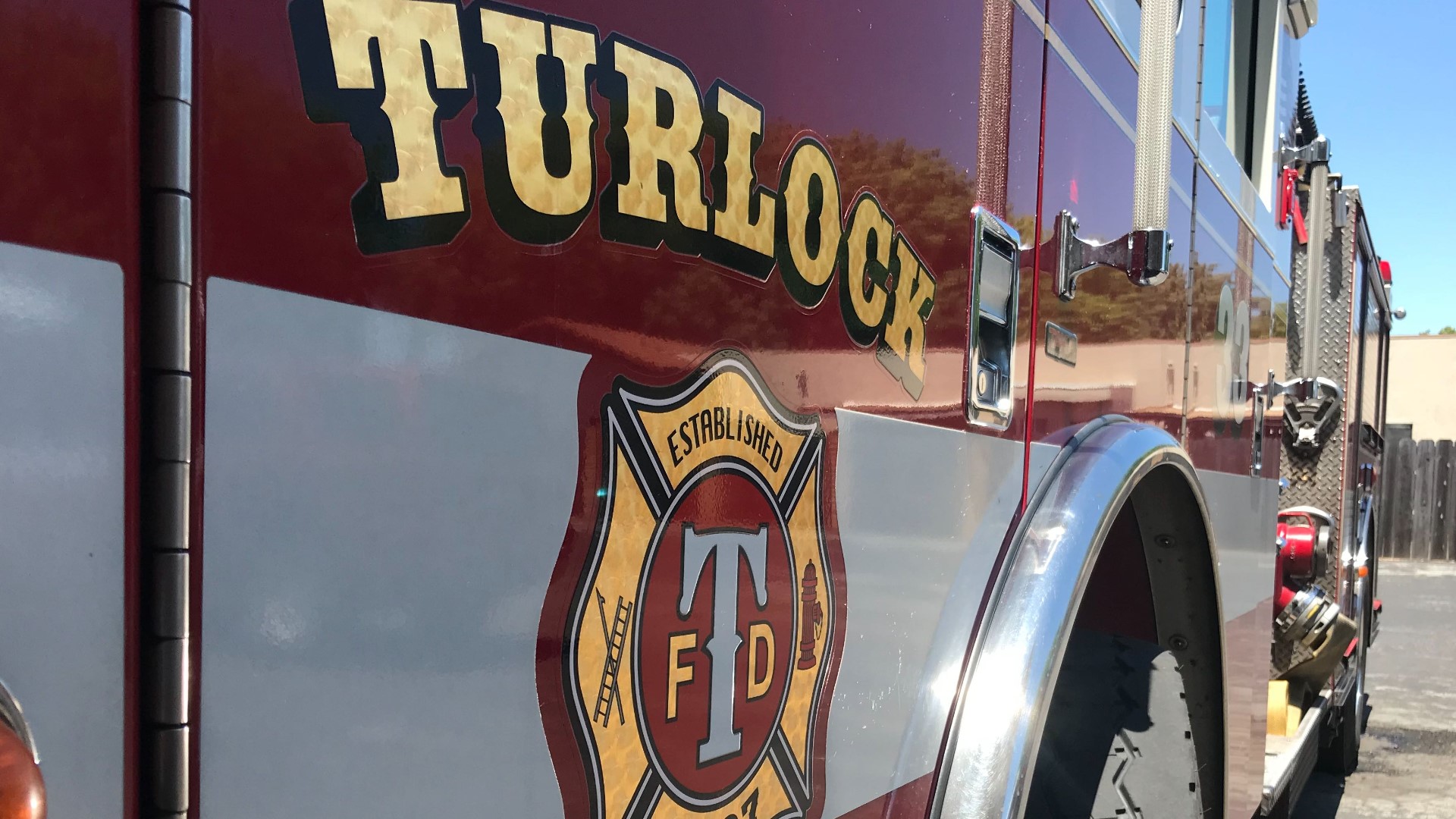TURLOCK, Calif. — There’s hope that exploring a new pilot cannabis program in Turlock might be a solution to the city’s general fund reserve woes.
The city of Turlock needs to build up their reserve by about $5 million more than what they currently have; while the city faces other budget woes impacting police and fire, rebuilding that reserve will take priority.
“That’s going to be the first place that we deposit any revenue,” said City Manager Bob Lawton. “It’s not going to be used at this point to subsidize any ongoing general fund operations not related to cannabis enforcement.”
How cannabis might help Turlock's General Fund reserve woes
Lawton said Turlock is “the last community in Stanislaus County to adopt any kind of retail sales opportunity” for cannabis. Many other neighboring communities explored the cannabis programs earlier, but, the city said this late start is actually an advantage.
“I don’t think that’s a bad thing. Early adopters oftentimes get burned and we wanted to take this time to see how things have unrolled in other jurisdictions -take advantage of their experience...,” Lawton said.
“I think it was frankly a pretty wise and pretty prudent decision not to jump into a completely new field of endeavor without having some sense of what the landing would look like,” he added.
Turlock’s “fiscal crisis” has been well documented with impacts across the board, which includes notable impacts to police and fire departments. Turlock Police faced $750,000 reduction in staffing, and Turlock Fire faced staffing impacts that would sometimes have them responding in an SUV while their fire engine idled at the station.
RELATED:
Even though there’s new revenue potential from the Cannabis Pilot Program, this pilot program won’t be helping the city’s ongoing operations. He said there is too much uncertainty with California’s regulations and the “precarious nature” of cannabis regulation on the federal level to have it fund ongoing operations.
This means the money from the Cannabis Program is going toward rebuilding their General Fund reserve from $2.5 million to the Government Finance Officer's Association's best practice of $7.1 million for a city of Turlock's size.
How does the Cannabis Pilot Program work?
The program is meant to see how easily cannabis operations can be done in the city. It's a way for the city to see what the possibilities are and also a chance for them to learn how to respond as events arise.
Four front runners in the program are currently moving forward to possibly become the first dispensaries to operate in Turlock.
The field was whittled down from 32, with Firehouse, Evergreen, Perfect Union, and Medmen standing above the others. According to the city, the four businesses were ranked high in their application and presentation to a city panel and were also ranked as the number one dispensary in the communities that they operated in.
In choosing the business, the city sought out businesses that had experience and expertise with cannabis laws, experience in developing a successful business, and how they operated in their communities.
Lawton said success with the pilot program ultimately looks like compliance by vendors with all laws, rules, and regulation with little negative impact on the surrounding community. He said it would also be helpful to have the city's reserve funds restored with the program.
As the vendors apply for a commercial cannabis dispensary license and an agreement between the operators and the city, the next steps ultimately lie with the Turlock City Council as they decide on the city's best interests. No sunset date for the program is currently set, but the council can go back and revisit the program at their will.
"We're willing to see how things go on this pilot basis, and then [we] may revisit the entire question," Lawton said.

